Vacation Read #1 was How to Talk to a Widower, by Jonathan Tropper. I’d been looking forward to reading another Jonathan Tropper book ever since I read The Book of Joe last year (reviewed here). Tropper is a very funny and entertaining writer, and I thoroughly enjoyed The Book of Joe, the story of a novelist who returns to his hometown to face his past and the people he skewered in his successful novel.
Like The Book of Joe, How to Talk to a Widower is a poignant, sad book with a lot of dark humor thrown in. Doug Parker is a widower in his early 30s who lost his wife Hailey of two years in a plane crash. He lives in the NY suburbs, where he had moved in with his wife and stepson, and spends his days mourning Hailey, drinking, and feeling sorry for himself. How to Talk to a Widower opens with his sister’s approaching wedding, allowing Tropper to introduce Doug’s dysfunctional but endearing family. In the book, Doug seeks solace in the arms of a married neighbor, debates whether he should assume custody of his stepson Russ, starts dating again, and generally begins to come to terms with his loss.
The best part of the book is Tropper’s depiction of Doug’s grief. Those passages were the most powerful. Doug is adept at expressing, in the simplest terms, how he is so crippled by the loss of Hailey and the ways it affects every part of his life, from what time he goes grocery shopping to why he cannot pursue an offer to develop his weekly column into a novel. Reading this book, I was reminded more than a few times of Lolly Winston’s Good Grief (reviewed here) – How to Talk to a Widower is the less-kind, less-gentle male chronicle of young widowerhood, compared to Winston’s story of a young widow a year after she loses her husband. Also, Tropper is wickedly funny, and while it may be true that the two protagonists I’ve read of his so far are essentially the same person, I like that person and enjoy reading about him.
Here’s a passage I enjoyed. Doug and Russ are going grocery shopping together after deciding that Russ will move in with him (sorry for the small spoiler):
Russ and I shop for groceries at the Super Stop and shop. We buy bottles of soda, bags of chips, boxes of pasta, jars of tomato sauce, large quantities of white bread, sandwich spreads, and frozen food, Everything we buy has the maximum amount of chemicals and requires the minimum amount of preparation to eat. We do not compare brands, do not look for circulars and coupons, because we are slated to be millionaires and price is no object. We do not consider nutritional factors, because we are young and slim and sad and beautiful, we shine in our grief, and we will eat what we want, when we want, with utter impunity. We tear through the market like young royalty, like elite fighter pilots, grabbing anything that catches our fancy, intoxicated by the infinite possibilities of this new, alternative family we’ve become. We have been hammered by bad fortune, cut off at the knees, and yet, here we are, rising above it all, floating brilliantly among these suburban housewives who can’t help but flash us admiring glances as they fill their carts with fresh vegetables and raw chickens. We are a sitcom family, a Disney movie, a bold new social experiment.
One quibble with Tropper: the women in his book – especially the ones that the main characters fall in love with – are always sad and damaged. Off the bat – Carly (Joe), Hailey (Widower), and Brooke (Widower) were each hurt – physically or emotionally or both – by men, and it is in this condition that the Tropper’s main characters find and fall in love with them. What’s up with that, Jonathan Tropper? Why do your men need to be saviors? Why are “undamaged” women unappealing?
Overall, I liked The Book of Joe better than How To Talk To A Widower, and as always with Jonathan Tropper, I could stand fewer physical altercations (too many fistfights), but I’m a Tropper fan and am glad I read this one. I definitely recommend it.




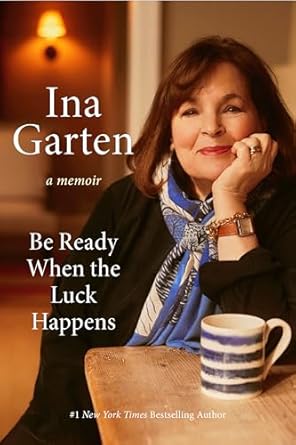
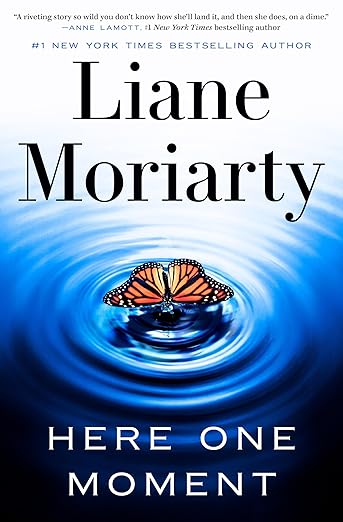

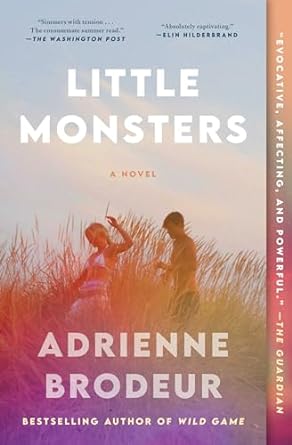
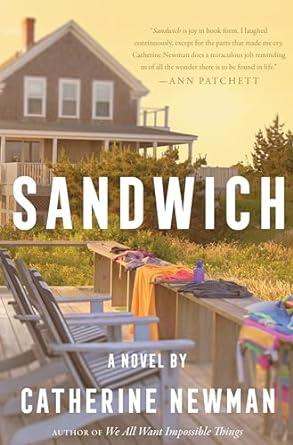
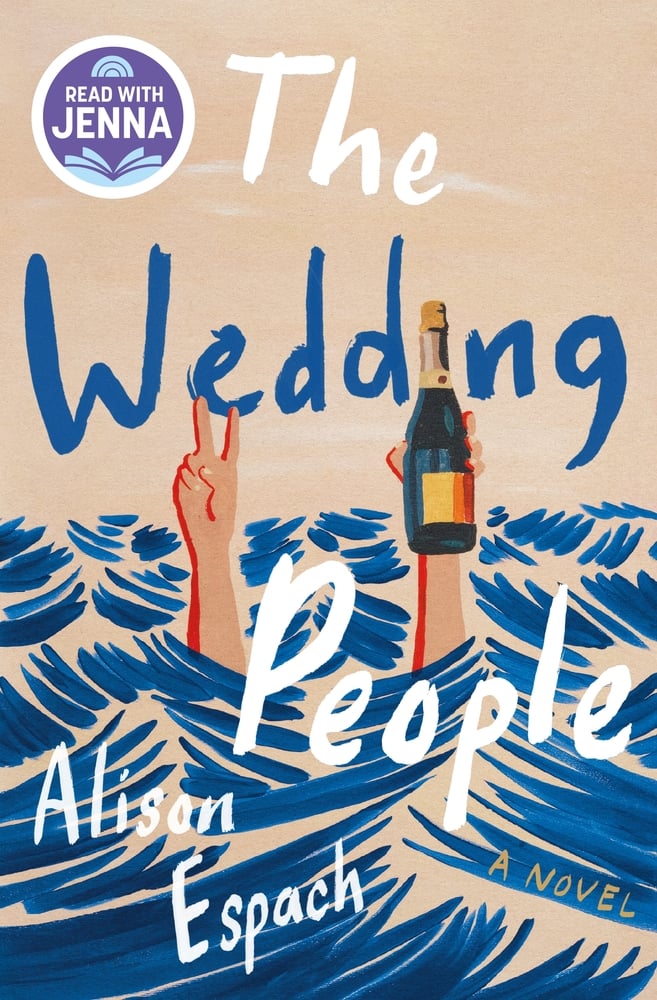

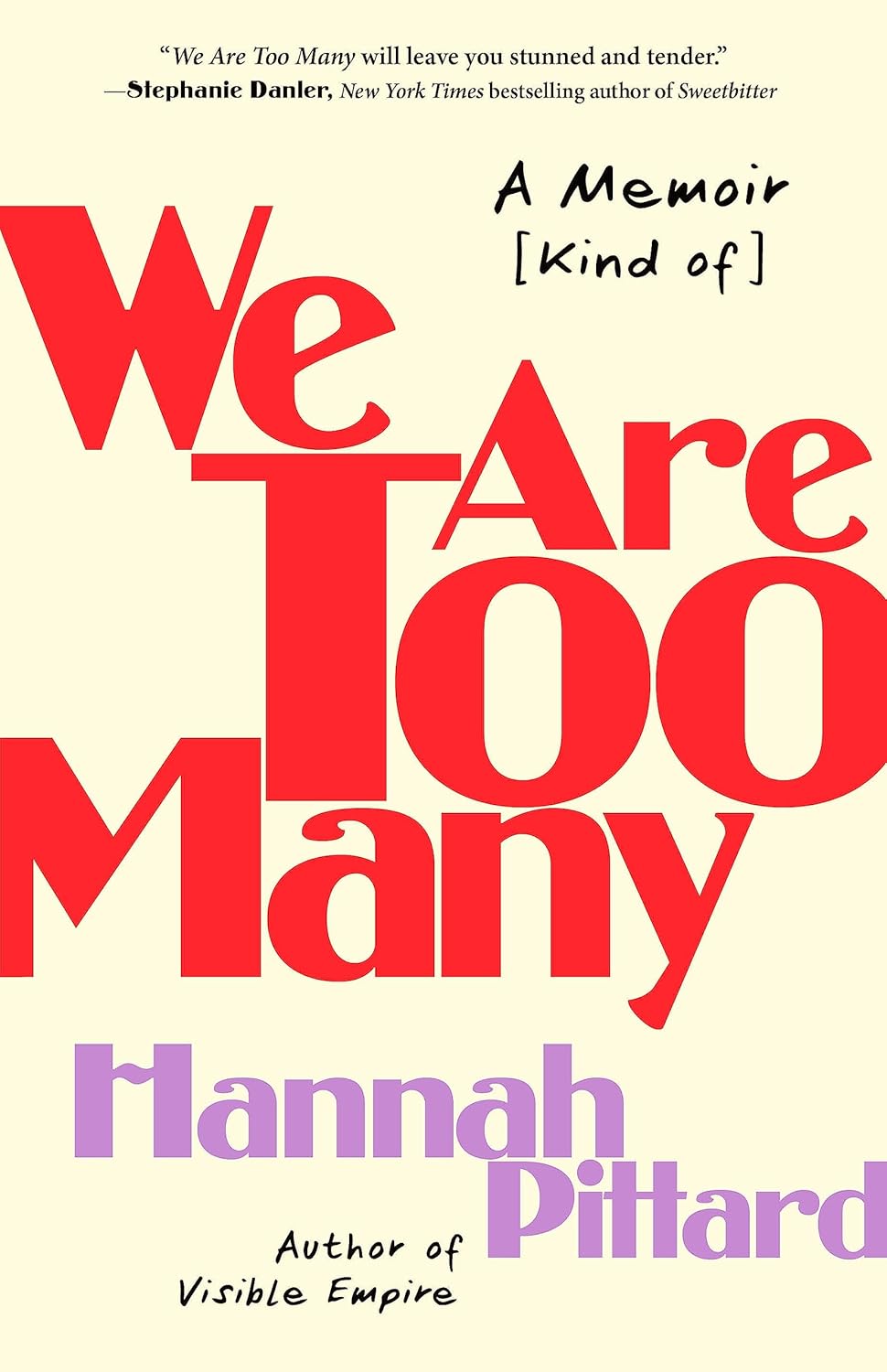
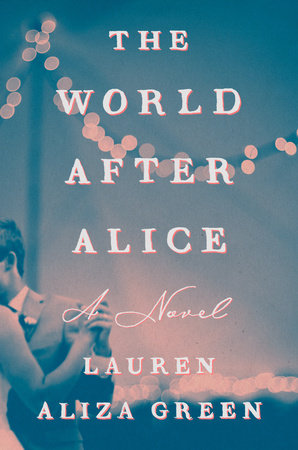
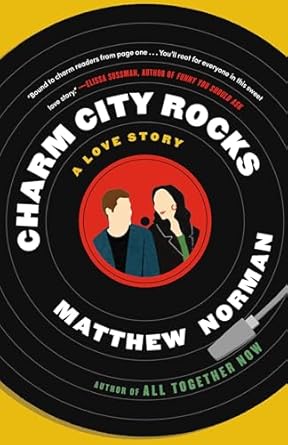


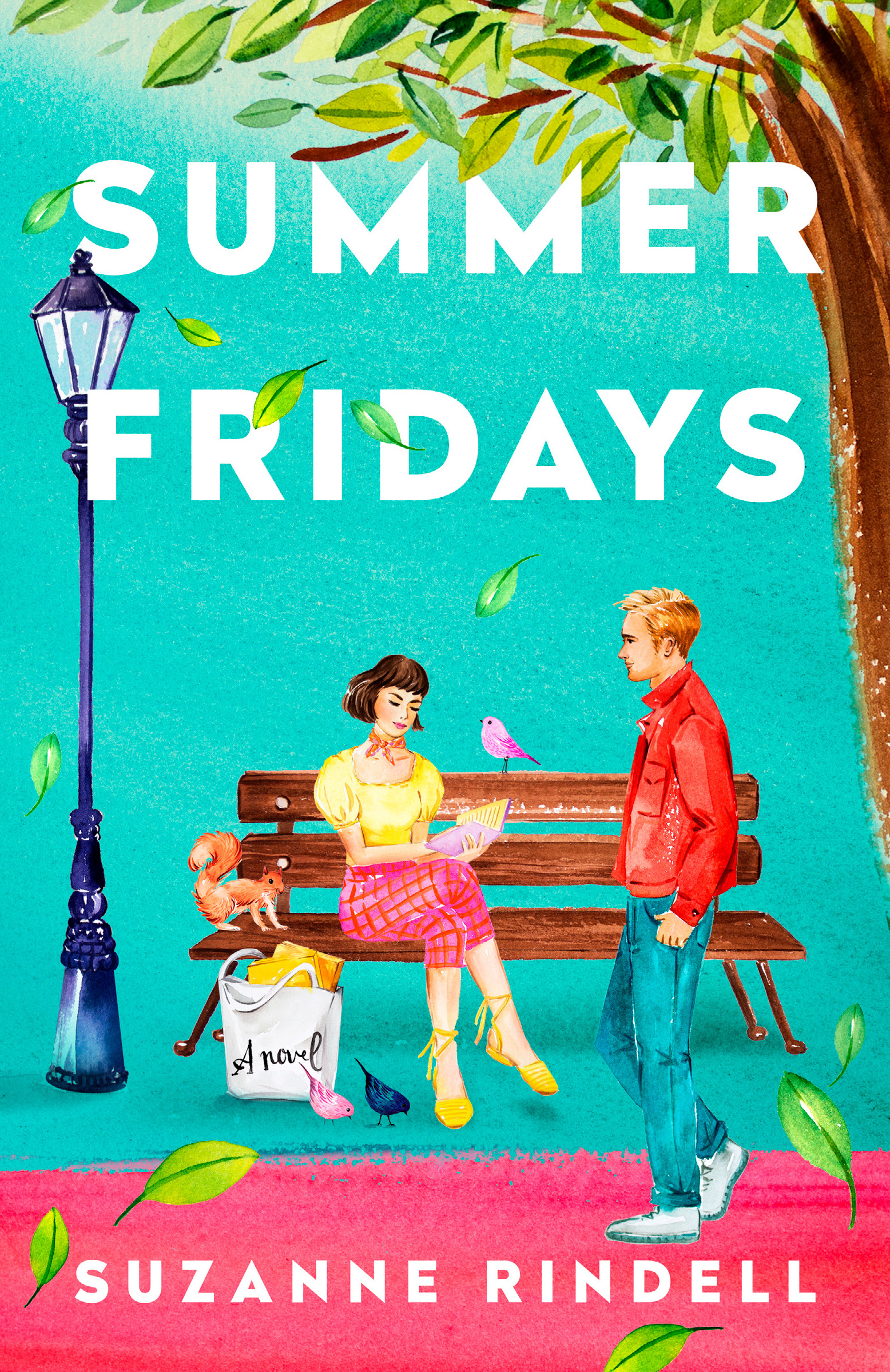

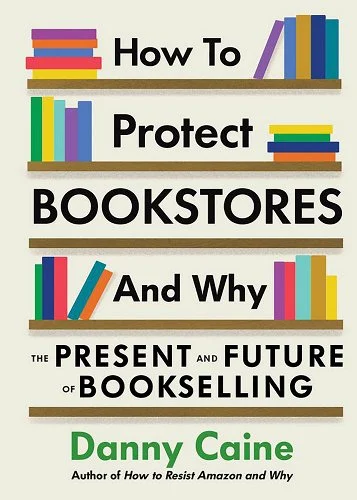
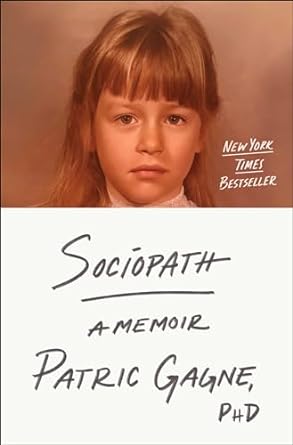
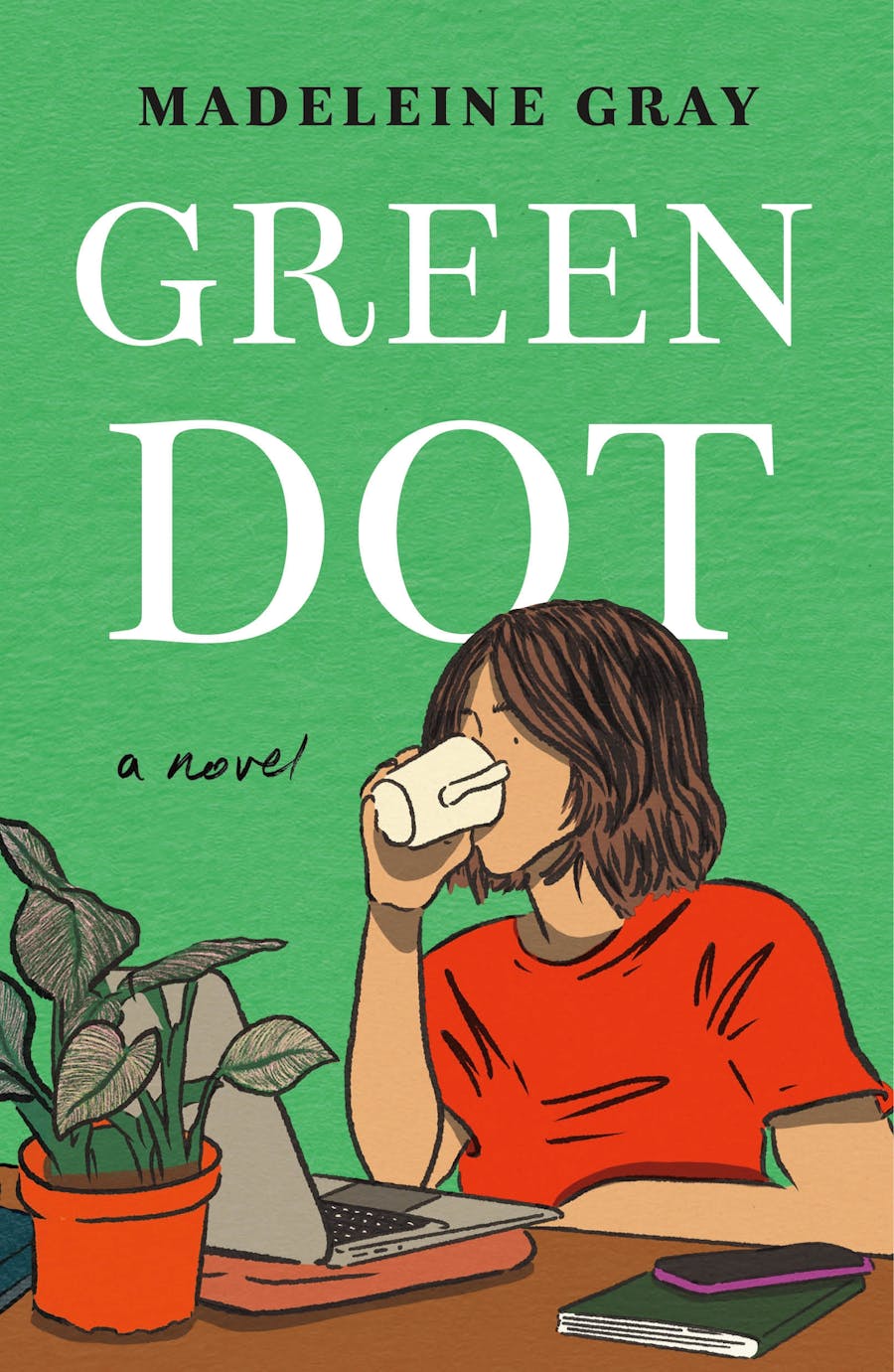


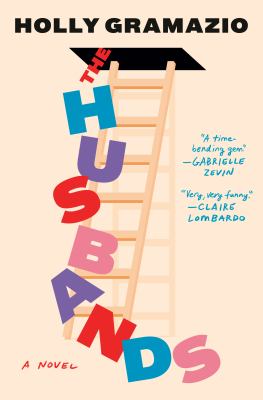
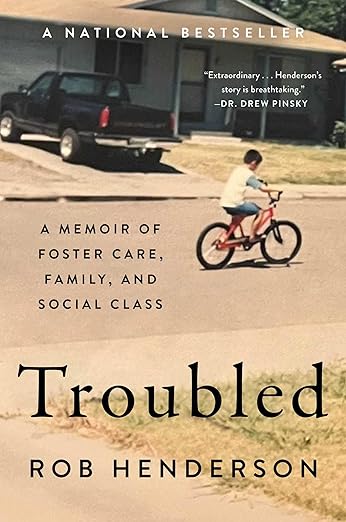
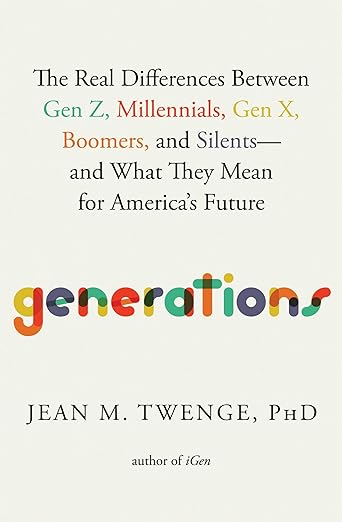
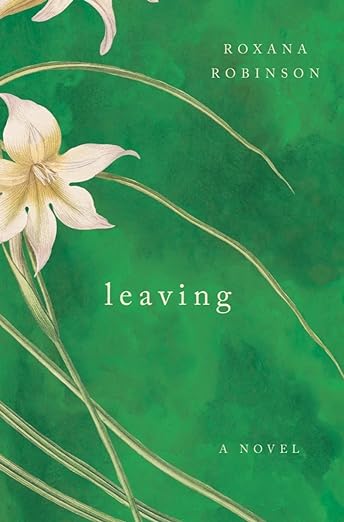
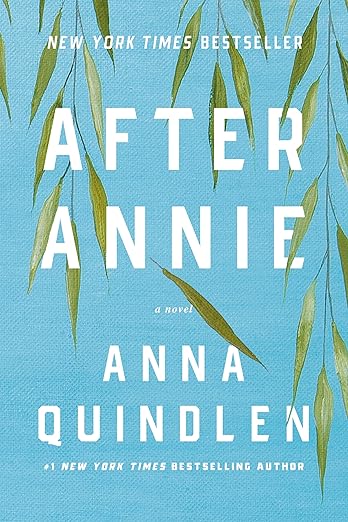
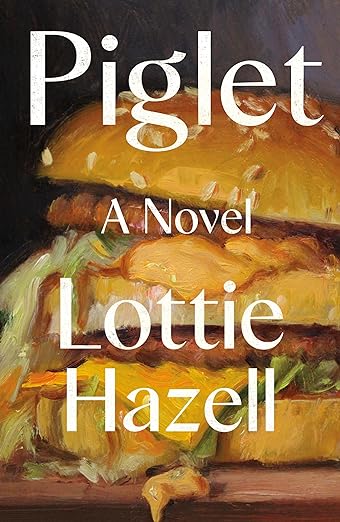

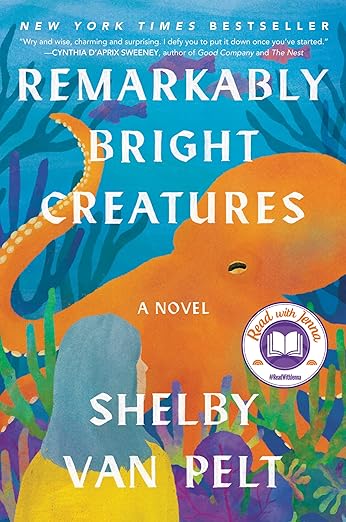
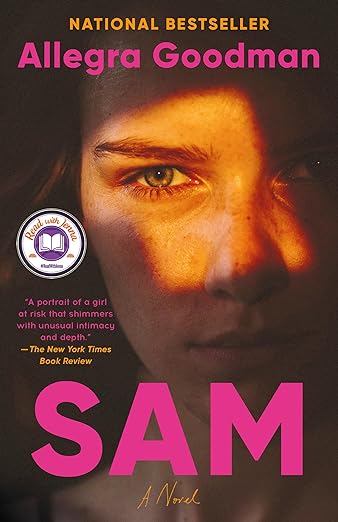
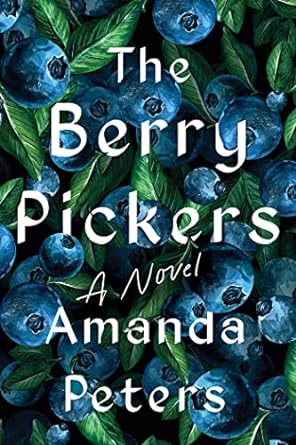
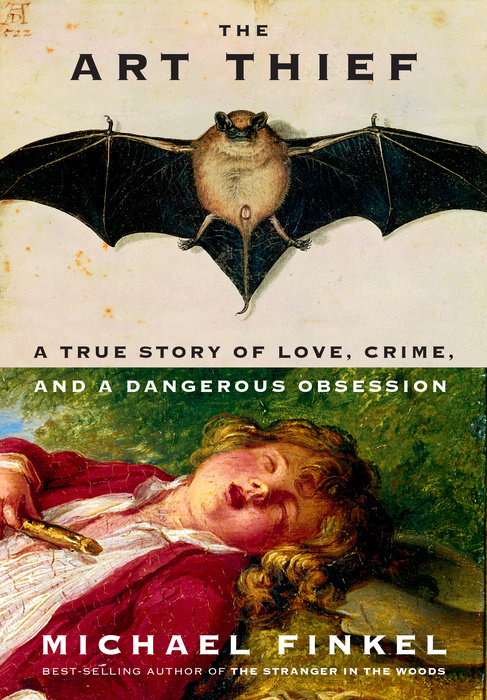

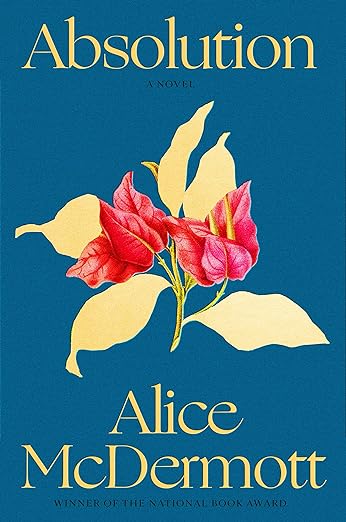
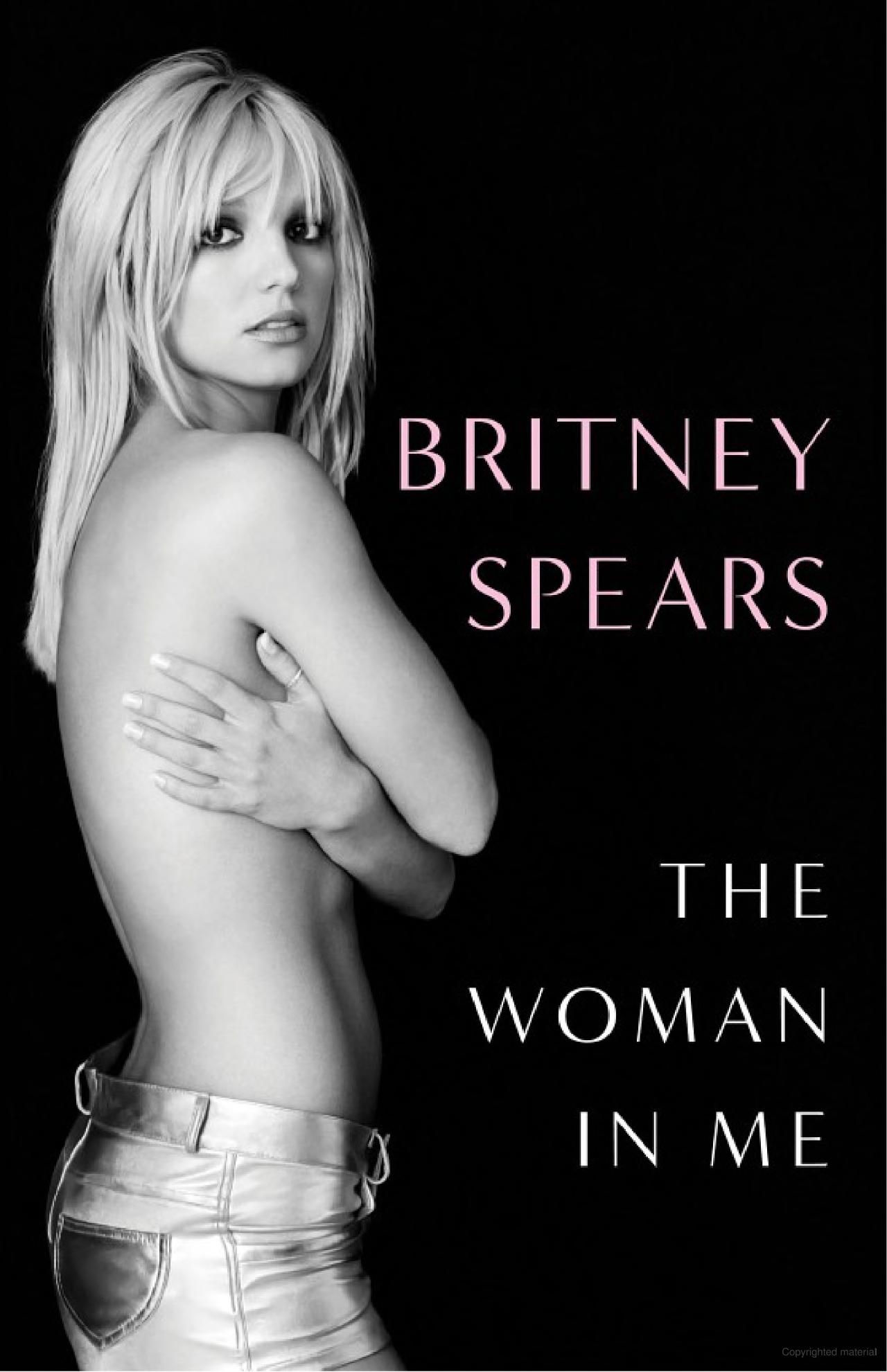

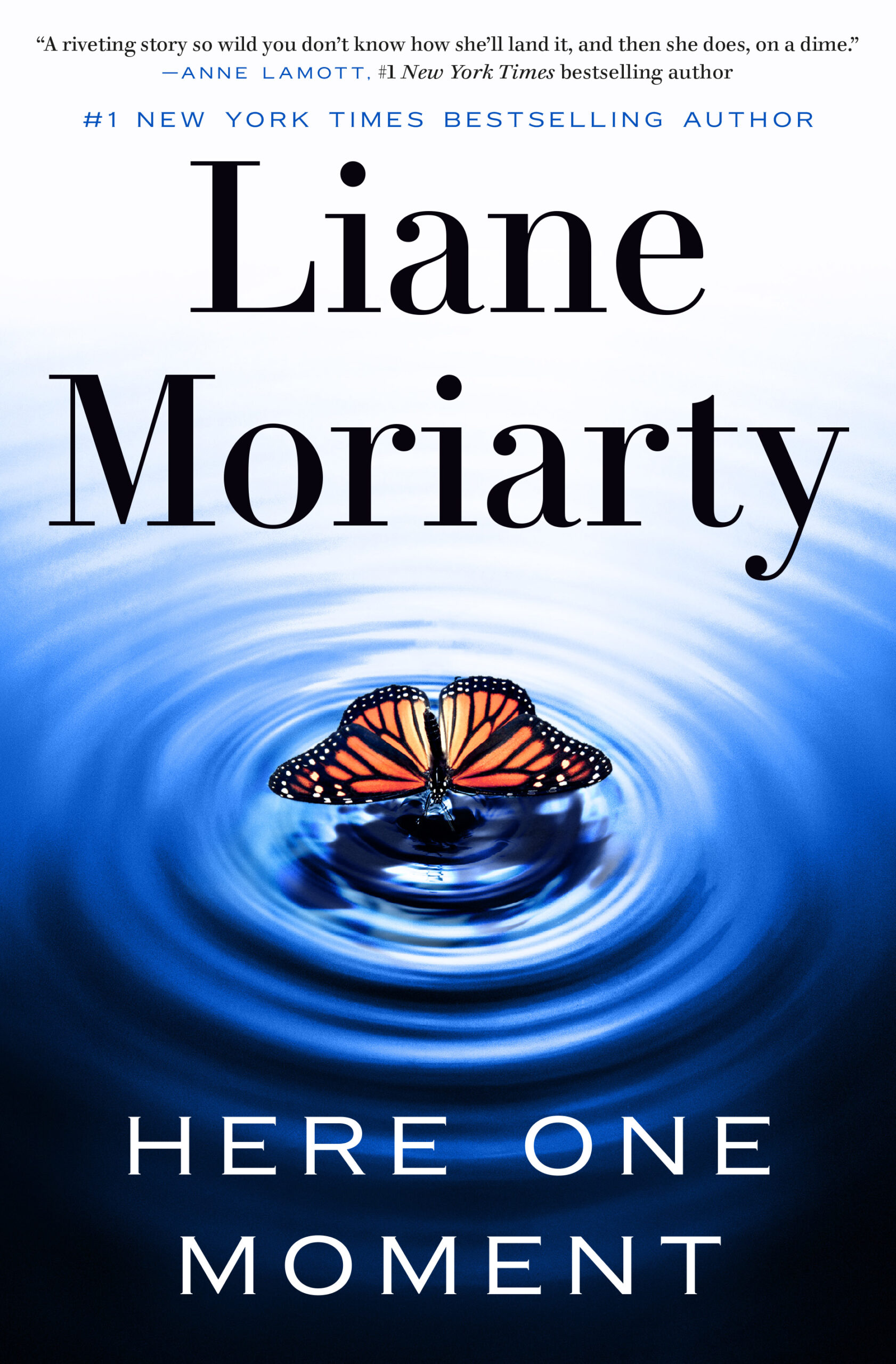
About Me
I have been blogging about books here at Everyday I Write the Book since 2006. I love to read, and I love to talk about books and what other people are reading.